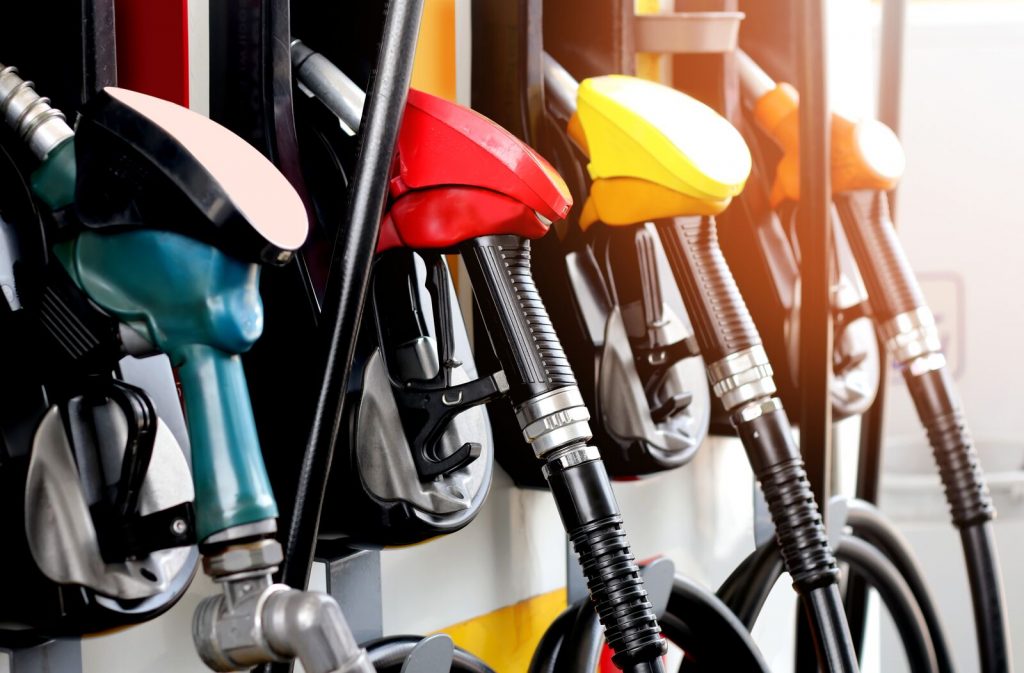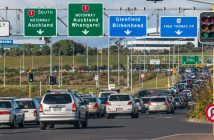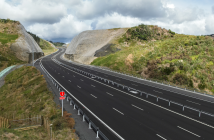While the world moves to phase out fossil fuels and advance transport infrastructure, New Zealand is spending over a billion dollars just to maintain the status quo

A 25-cent tax cut on every litre of fuel may seem like a welcome initiative given the spike in global oil prices, but it comes at the cost of over a billion dollars in lost tax revenue. That money has to be made up for from somewhere, as revenue collected from fuel taxes is essential for funding roads, public transport and walking and cycling initiatives.
Finance Minister Grant Robertson says he will ‘re-prioritise’ other funding to make up the billion-dollar shortfall.
It took a cost of living crisis for the Government to find more money for transport, a sector that has been crying out for funding for years. Yet, a billion dollars later and New Zealand’s transport infrastructure will be no better off once the fuel tax cut ends in January 2023.
Worse still is that the consumer has hardly been better off either. Until recently, intended savings for the consumer have been mostly absorbed by fuel companies looking to make a profit. The price of crude oil hit its peak in early March, yet the cost at the pump continued to trend upwards in the months that followed.
This only changed in July once Energy Minister Megan Woods discovered that fuel company profit margins had more than doubled, rising from 22 cents a litre to 45 cents a litre. This left the consumer a mere two cents better off.
Woods says she expects fuel companies to stop pocketing the fuel tax cut and pass it on to consumers.
Even if this does happen, the fuel tax cut is still not an equitable solution to the cost of living crisis. Businesses that use more fuel are clearly the biggest benefactors. A good portion of the fuel tax cut’s billion dollars is going towards those businesses, yet they will have nothing to show for it.
When New Zealand is trying to cut its transport emissions, that billion dollars could have gone towards helping businesses transition to cleaner energy, provide them with alternative transport options and reduce their dependency on oil, cutting their expenses in the process.
That same approach could have been taken with transport initiatives for the public, Green Party Transport Spokesperson, Julie Anne Genter says.
“Subsiding fossil fuels by making petrol and diesel a little cheaper for half a year doesn’t make sense in 2022, when we need to make the transition to cleaner transport.
“The Government could have used that money to save and transform the ailing passenger rail network and reduce our reliance on fossil fuels in the first place.”
The first three months of the fuel tax cut alone could have future-proofed rail in the lower North Island, she says.
With a bit more investment, the lower North Island could have hybrid-electric trains and improved train infrastructure. The $762 million business case has been put together by Horizons Regional Council, Greater Wellington Regional Council and Waka Kotahi, who have already committed more than half of the money.
“Government investment is not only needed to help this service continue running, but to cope with growing demand. By 2025, just three years from now, it’s predicted that the Wairarapa line will have exceeded its passenger capacity, and by 2030, the Manawatū line will be in the same boat,” Genter says.
“The Government can prevent this from happening by coming to the table with a mere $350 million, which will at least quadruple the services to Manawatū and double the services to Wairarapa.”
Making public transport free and investing in it, rather than just subsidising fares, is another more progressive initiative the Government could have taken to address the cost of living crisis instead of a fuel tax cut.
By and large, New Zealand’s public transport is expensive, unreliable and inefficient. This was an opportunity to turn things around, create a world-class public transport system and offer people a better alternative once driving their car became too unaffordable.
Instead the Government has kicked the can down the road and opted to keep New Zealand’s outdated transport model on life support. The fuel tax cut is just holding the country back.
Sooner or later, New Zealand will have to future-proof its transport system and leave fossil fuels behind. The cost of living crisis was the perfect opportunity to kickstart this process, but a good crisis has sadly been wasted.








